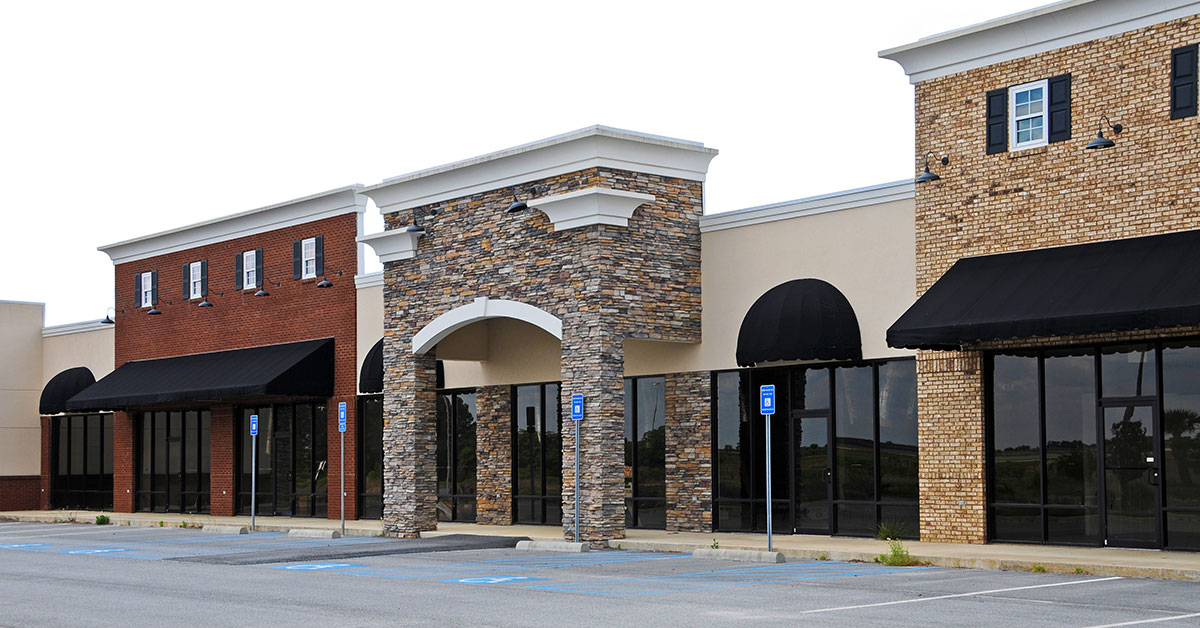
What Are the 5 Cs of Commercial Lending?
Welcome to our guide on the 5 Cs of commercial lending—a key framework that shapes the lending landscape for businesses. Whether you're a borrower seeking capital or a lender evaluating loan applications, understanding these five critical factors (character, capacity, capital, collateral, and conditions) is paramount. In this article, we'll explore how these elements serve as the foundation for credit assessments, enabling borrowers to present compelling cases and lenders to make informed decisions that balance growth and risk in the world of commercial lending.
Understanding Commercial Lending
Commercial lending is a cornerstone for business growth and operations, providing crucial access to capital. At its core, this financial practice relies on evaluating creditworthiness through the "5 Cs": character, capacity, capital, collateral, and conditions. These factors play a pivotal role in determining loan risk and terms, serving as a vital guide for both borrowers and lenders in commercial lending.
For borrowers, the 5 Cs shape loan applications, demonstrating creditworthiness and providing a structured approach to securing funding. On the lenders’ side, these criteria serve as a comprehensive tool to assess risk, determine loan feasibility, and establish terms that strike a balance between growth and risk management in commercial lending. As such, the 5 Cs are foundational in navigating the ins and outs of commercial lending for businesses seeking financial support and lenders evaluating potential risks.
Breaking Down the 5 Cs
Character: The Foundation of Trust
First up in the 5 Cs lineup is “character.” In commercial lending, it refers to your reputation and credit history. Think of character as the trust factor for lenders—they're sizing up your financial responsibility and reliability. Your track record of meeting financial commitments speaks volumes here. Bottom line: lenders want to be sure they're dealing with someone who's got a history of paying back what they owe. It's your financial story, and it's a big deal when it comes to locking in that commercial loan.
Capacity: Assessing Financial Ability
Next on the list is “capacity.” This one's all about your financial ability to pay back the loan. Lenders look at your income, cash flow, and overall financial stability to make sure you've got what it takes to meet your repayment duties. It's a straightforward check to see if you can handle the financial responsibility of the loan without breaking a sweat. Simply put, it's about making sure you've got the financial muscle to make those repayments.
Capital: Skin in the Game
Let's dive into the third C: “capital.” Capital is a big player in lending decisions, as your capital investment showcases your commitment to the project or business. Lenders see it as a strong indicator that you're serious about making things work. When you've got skin in the game, you're more likely to protect your investment and, in turn, repay the loan. It's like showing your cards in a game of trust—the more you've invested, the more you've got to lose, and that makes lenders more confident in your ability and determination to meet your financial obligations.
Collateral: Providing Security
Now, onto the fourth C: “collateral.” In commercial lending, collateral refers to an asset or assets pledged to secure the loan. This can include things like real estate, equipment, inventory, or accounts receivable. It serves as a safety net for lenders, typically taking the form of assets that can be seized and sold if the borrower defaults on the loan. In essence, collateral provides an added layer of security for lenders, ensuring they have a tangible asset to recover their investment in the event of non-payment.

Conditions: External Factors
Lastly, we have the fifth C: “conditions.” Conditions are the external factors playing in the background that can impact your ability to repay the loan. Lenders take a broader look here, considering things like market conditions and industry trends. They want to know what's happening outside your business walls that could sway the success of your venture. By factoring in these external elements, lenders get a sense of the potential challenges and opportunities that could affect your ability to meet your financial commitments. In a nutshell, conditions are all about understanding the playing field and making sure both you and the lender are on the same page when it comes to the bigger picture.
Conclusion
The 5 Cs—character, capacity, capital, collateral, and conditions—are the linchpin to a successful loan application. More than mere checkboxes to tick off, these factors are the essential ingredients for both borrowers and lenders in evaluating creditworthiness and managing risk effectively. A thorough understanding of the 5 Cs framework can significantly enhance a borrower's likelihood of securing a commercial loan. Simultaneously, the 5 Cs empower lenders to make well-informed decisions. As you navigate your commercial lending journey, remember: the 5 Cs are not just guidelines; they are the gateway to achieving your financial objectives with confidence and success.
If you have any questions about applying for a business loan at Community First Credit Union, our Commercial Lending team is ready to assist. Give our team of experts a call at 904.224.9084 to discuss your financial needs.
Learn More About Business Banking
- How to Open a Business Deposit Account
- Should I Open a Business Credit Card for my Startup?
- Opening an Account for a Small Business
- 3 Things to Look for in Business Banking
- Commercial Real Estate Loans
- The Five Cs of Commercial Lending









